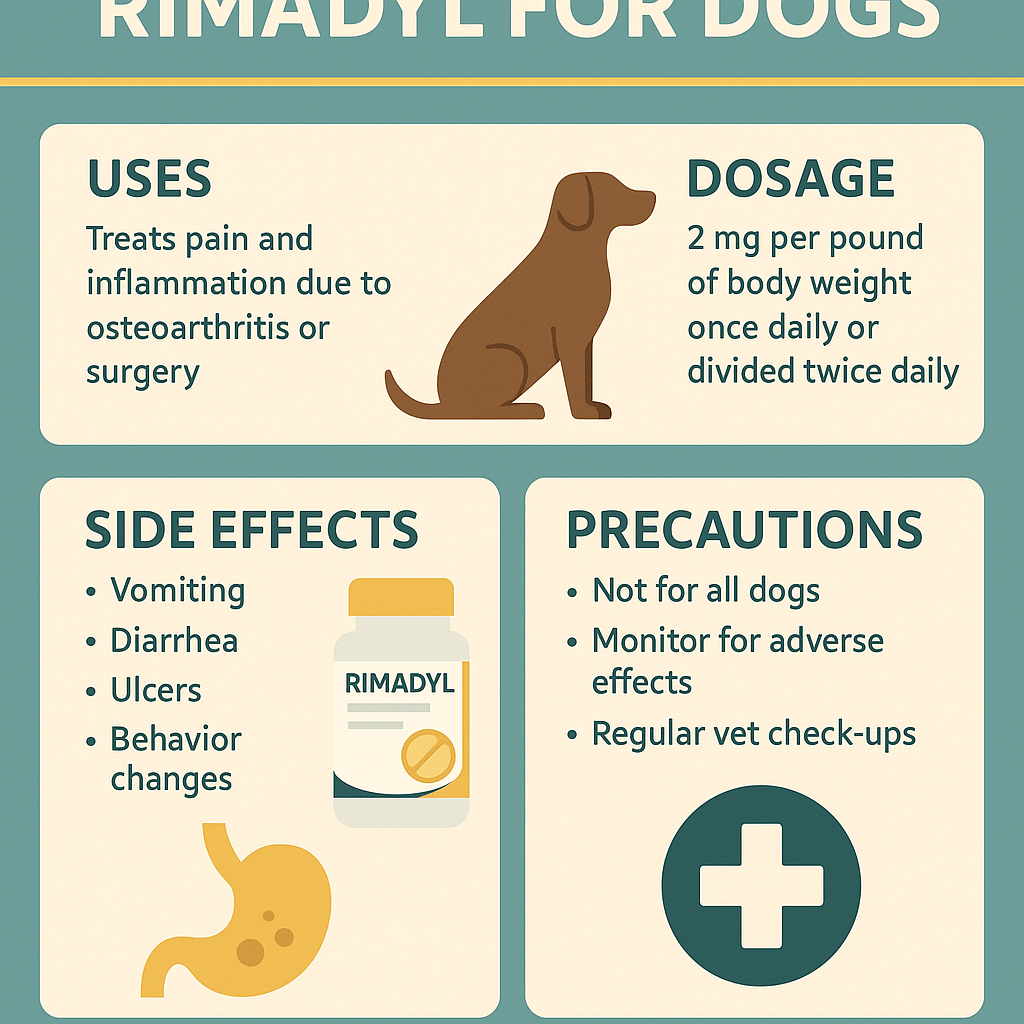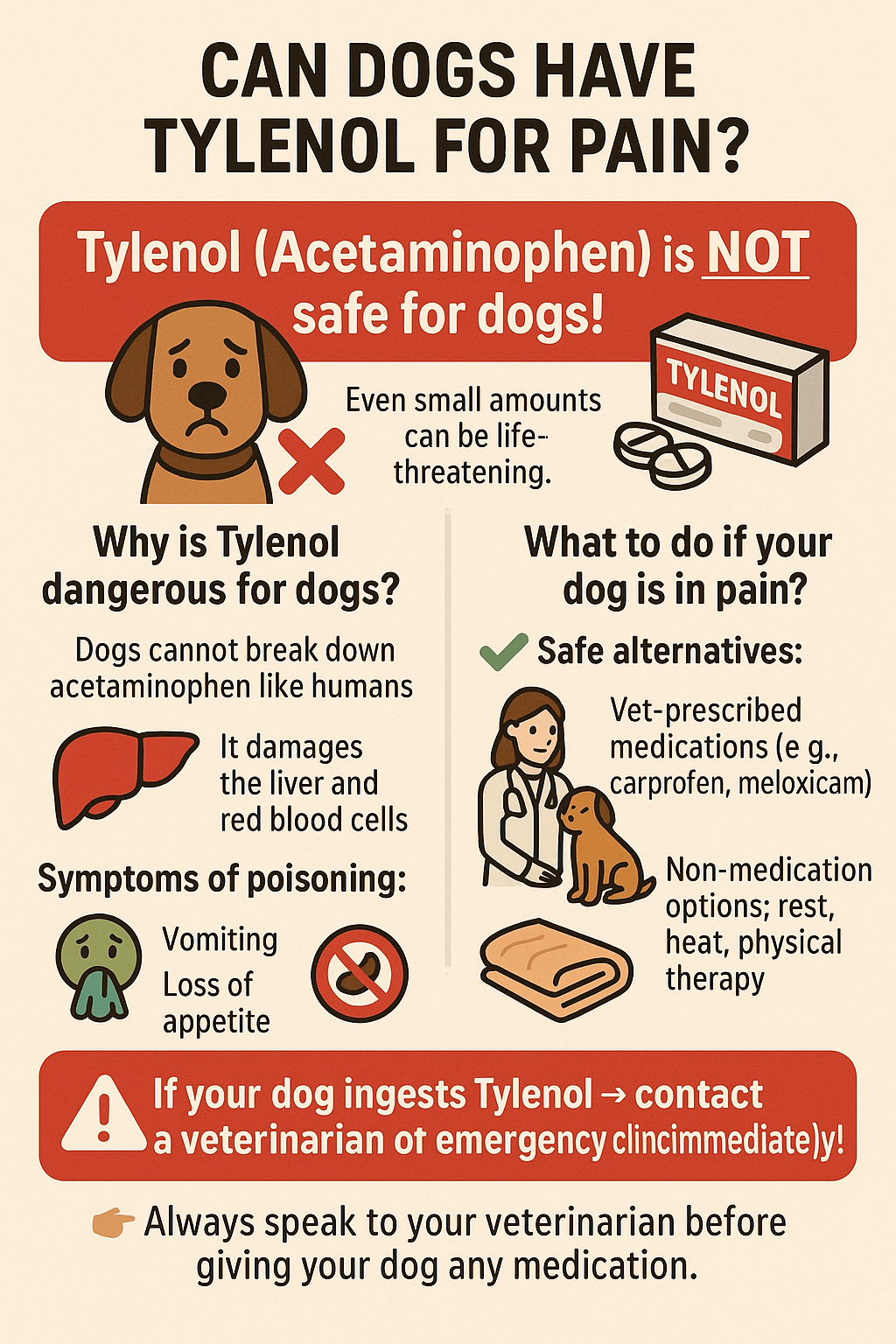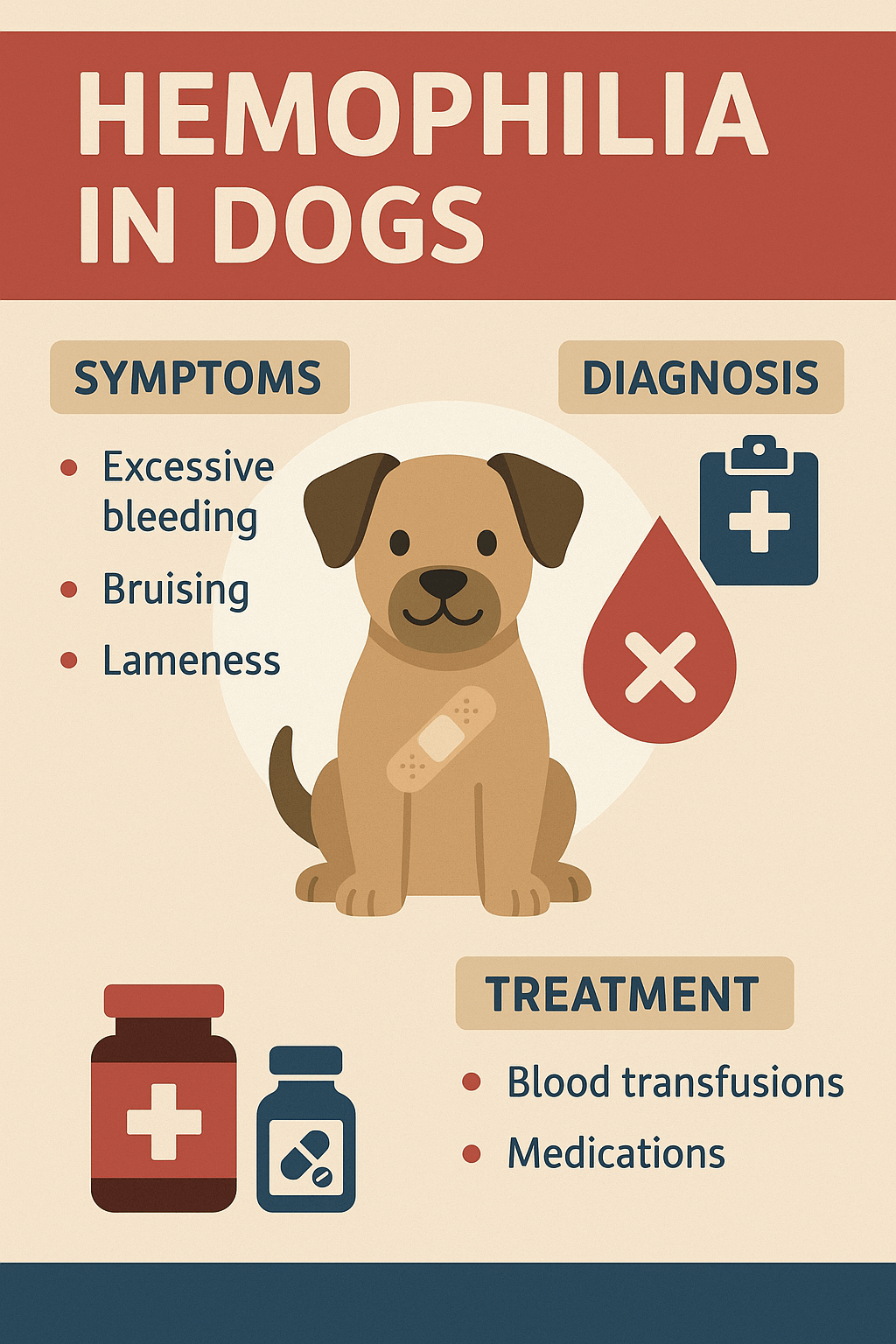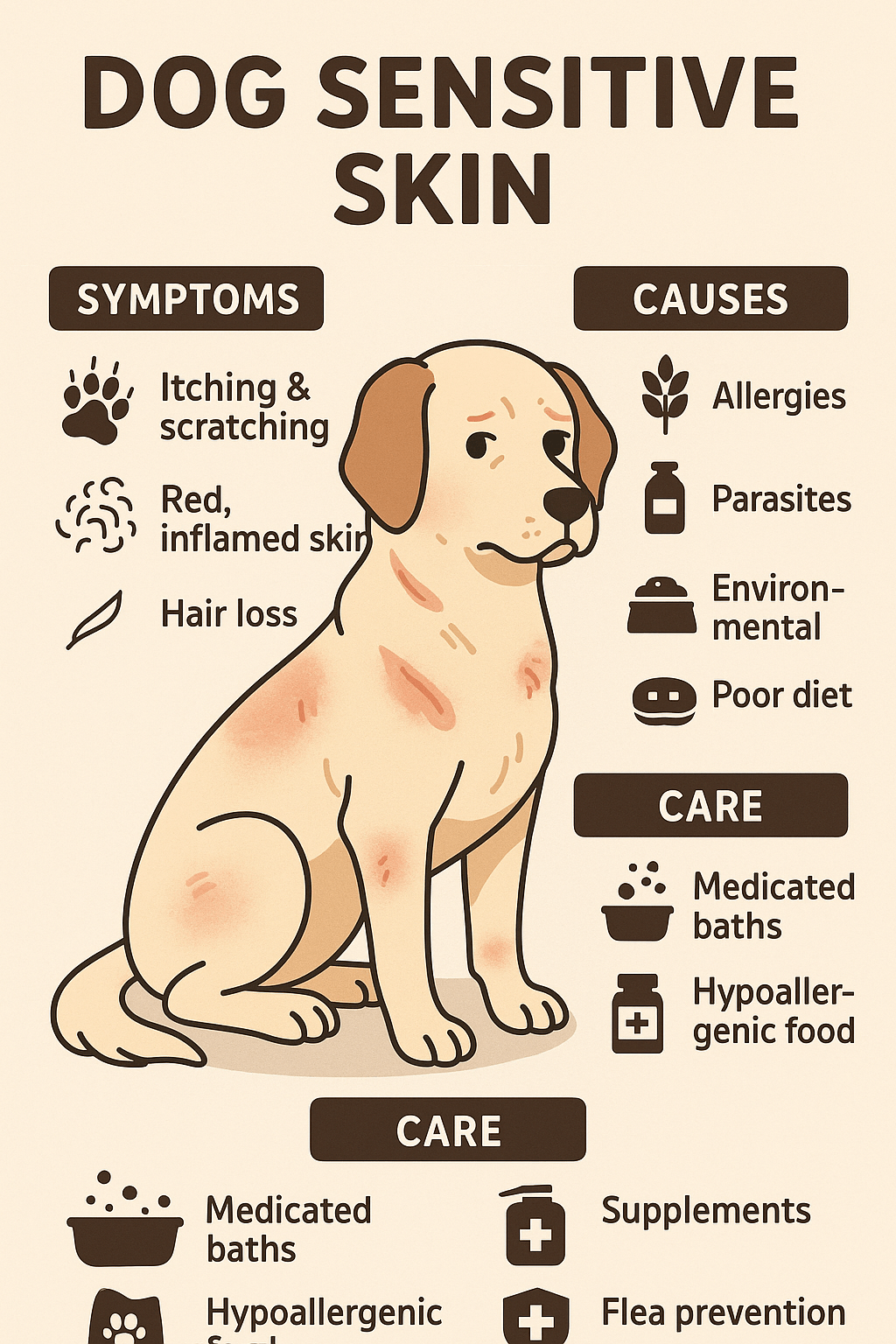Dog Flu Vaccine: Is It Right for Your Pup?
Canine influenza, commonly known as dog flu, is a highly contagious respiratory illness that can affect dogs of all ages and breeds. While most cases are mild, some can lead to severe complications, making prevention crucial. One of the best ways to protect your furry friend is through the dog flu vaccine. But what exactly is this vaccine, and is it necessary for your pet? In this blog post, we’ll explore everything you need to know about the dog flu vaccine, from its benefits and risks to practical advice on keeping your pup healthy. Whether you’re a new dog owner or simply curious, this guide will help you make informed decisions about your dog’s health.
What Is the Dog Flu Vaccine?
The dog flu vaccine is designed to protect your canine companion against two primary strains of canine influenza virus (CIV): H3N8 and H3N2. Understanding how this vaccine works and its purpose is essential for responsible pet ownership.
Targets Specific Strains:
The vaccine specifically targets the H3N8 and H3N2 strains, which are responsible for most outbreaks of dog flu.Not a Core Vaccine:
Unlike rabies or distemper vaccines, the dog flu vaccine is considered non-core, meaning it’s recommended based on lifestyle and risk factors.Reduces Symptoms and Spread:
While the vaccine doesn’t guarantee complete immunity, it significantly reduces the severity of symptoms and minimizes the spread of the virus.Administered in Two Doses:
The initial vaccination requires two doses given 2-4 weeks apart, followed by annual boosters to maintain effectiveness.Safe for Most Dogs:
The vaccine is generally safe for healthy dogs, but it’s important to consult your vet if your dog has underlying health conditions.
By understanding the basics of the dog flu vaccine, you can better assess whether it’s a suitable option for your pup.
Benefits of the Dog Flu Vaccine
Vaccinating your dog against canine influenza offers numerous advantages, particularly if they are frequently exposed to other dogs. Here’s why the vaccine is worth considering.
Prevents Severe Illness:
Vaccinated dogs are less likely to develop severe symptoms like pneumonia, which can be life-threatening in rare cases.Protects Vulnerable Dogs:
Senior dogs, puppies, and those with weakened immune systems benefit greatly from the added layer of protection.Reduces Transmission Risk:
Vaccinated dogs are less likely to spread the virus to other dogs, helping curb outbreaks in communal settings like kennels or dog parks.Peace of Mind for Owners:
Knowing your dog is protected allows you to enjoy activities like boarding, grooming, or training classes without worry.Cost-Effective Prevention:
Treating dog flu can be expensive due to vet visits, medications, and potential hospitalization. Vaccination is a more affordable preventive measure.
With these benefits in mind, the dog flu vaccine proves to be a valuable tool in safeguarding your dog’s health.
Check this guide 👉Rabies Vaccine Side Effects in Dogs: Best 7 Expert Tips!
Check this guide 👉What Is the CPIV Vaccine for Dogs? Best 7 Expert Tips!
Check this guide 👉Leptospirosis Vaccine in Dogs: Best 7 Expert Tips!
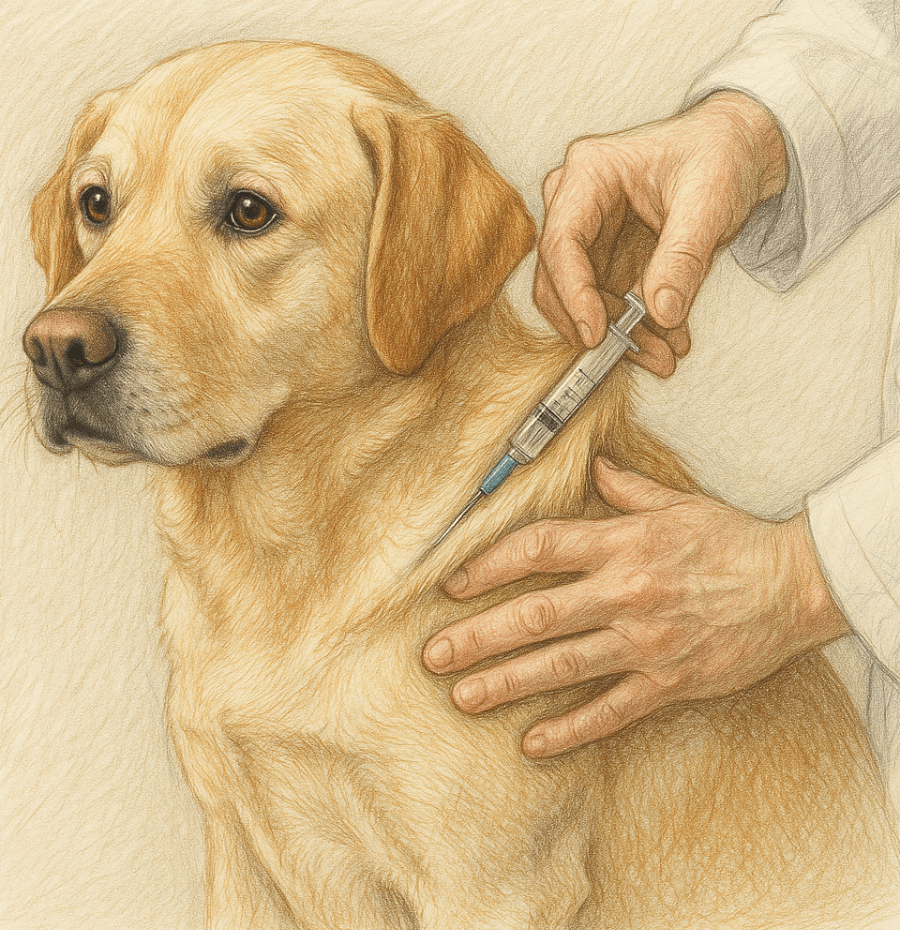
Pros of the Dog Flu Vaccine | Cons of the Dog Flu Vaccine |
|---|---|
Reduces severity of symptoms | Not 100% effective against infection |
Protects high-risk dogs | Requires two initial doses |
Minimizes transmission to other dogs | Annual boosters needed |
Cost-effective compared to treatment | Mild side effects possible (e.g., soreness) |
Provides peace of mind for owners | Not necessary for low-risk lifestyles |
Signs Your Dog May Need the Flu Vaccine
Certain dogs are at higher risk of contracting canine influenza and may benefit from vaccination. Recognizing these scenarios can help you decide whether the vaccine is necessary.
Frequent Socialization:
Dogs that visit dog parks, attend daycare, or participate in group training sessions are more likely to encounter the virus.Boarding or Kenneling:
If your dog stays at a boarding facility, vaccination is often required to prevent outbreaks among boarded pets.Exposure to Infected Dogs:
Living in areas with known flu outbreaks increases the likelihood of exposure, making vaccination advisable.Underlying Health Conditions:
Dogs with chronic illnesses or weakened immune systems are more vulnerable to complications from dog flu.Traveling to High-Risk Areas:
Visiting regions where canine influenza is prevalent can put your dog at risk, warranting vaccination before travel.
Assessing your dog’s lifestyle and environment helps determine whether the vaccine is a smart choice.
How to Prepare Your Dog for Vaccination
Getting your dog ready for the flu vaccine ensures a smooth and stress-free experience. Follow these tips to prepare them for their appointment.
Schedule a Check-Up:
Visit your vet beforehand to confirm your dog is healthy enough for vaccination.Avoid Stressful Activities:
Keep your dog calm and relaxed leading up to the appointment to reduce anxiety during the visit.Monitor for Allergies:
Inform your vet if your dog has a history of allergic reactions to vaccines or medications.Bring Comfort Items:
Bring along their favorite blanket or toy to provide comfort during the appointment.Plan for Post-Vaccine Care:
Monitor your dog for mild side effects like lethargy or soreness and contact your vet if concerns arise.
Proper preparation ensures your dog remains comfortable and healthy throughout the vaccination process.
Common Misconceptions About the Dog Flu Vaccine
Misinformation about the dog flu vaccine can lead to confusion. Clearing up these misconceptions helps pet owners make better decisions.
Myth: The Vaccine Causes Dog Flu:
The vaccine contains inactivated virus particles and cannot cause infection.Myth: Only Sick Dogs Need It:
Healthy dogs can also benefit, especially those in high-risk environments.Myth: One Dose Is Enough:
Two initial doses are required for full effectiveness, followed by annual boosters.Myth: Indoor Dogs Don’t Need It:
Even indoor dogs can be exposed during vet visits, grooming, or walks.Myth: It’s Too Expensive:
Compared to treating dog flu, the vaccine is a cost-effective preventive measure.
Understanding the facts ensures you make informed choices about your dog’s health.
Alternative Ways to Prevent Canine Influenza
While vaccination is the most effective preventive measure, other strategies can reduce your dog’s risk of contracting the flu.
Limit Exposure During Outbreaks:
Avoid communal settings like dog parks or kennels during reported outbreaks.Practice Good Hygiene:
Wash your hands and clean shared items like bowls and toys to prevent spreading germs.Keep Your Dog Healthy:
A strong immune system helps fight off infections, so prioritize proper nutrition and exercise.Monitor for Symptoms:
Watch for signs like coughing, sneezing, or lethargy and seek veterinary care promptly.Isolate Sick Dogs:
If your dog shows symptoms, keep them away from other dogs to prevent transmission.
These steps complement vaccination efforts and further protect your pup.
What to Do If Your Dog Contracts Canine Influenza
Even with precautions, your dog may contract canine influenza. Knowing how to respond ensures a swift recovery.
Contact Your Veterinarian Immediately:
Early diagnosis and treatment can prevent complications and speed up recovery.Provide Rest and Hydration:
Ensure your dog gets plenty of rest and stays hydrated to support their immune system.Isolate Them from Other Pets:
Keep your dog away from other animals to avoid spreading the virus.Use Humidifiers for Respiratory Relief:
A humidifier can ease breathing difficulties caused by congestion.Follow Vet Recommendations:
Administer prescribed medications and follow all care instructions provided by your vet.
Prompt action and attentive care can help your dog recover quickly and comfortably.
Frequently Asked Questions About the Dog Flu Vaccine
Is the dog flu vaccine mandatory?
No, it’s not mandatory unless required by specific facilities like boarding kennels or doggy daycares.
Can my dog still get sick after vaccination?
Yes, while the vaccine reduces symptoms and spread, it doesn’t guarantee complete immunity.
Are there side effects of the vaccine?
Mild side effects like swelling or lethargy may occur but typically resolve within a few days.
How much does the vaccine cost?
Costs vary depending on location and vet fees but generally range from $25 to $50 per dose.
When should my puppy get vaccinated?
Puppies can receive the vaccine once they’ve completed their core vaccinations, usually around 6 months of age.
Making an Informed Decision About the Dog Flu Vaccine
The dog flu vaccine is a powerful tool for protecting your canine companion from a potentially serious illness. By understanding its benefits, risks, and relevance to your dog’s lifestyle, you can make an informed decision about whether it’s right for your pup. Remember, every dog is unique, and consulting your veterinarian is always the best course of action. With proper care and preventive measures, you can ensure your furry friend stays happy, healthy, and flu-free.
Rimadyl for Dogs: Best 7 Expert Tips! Discover expert advice on using Rimadyl safely, managing pain, and improving your dog’s mobility with trusted veterinary insights.
Can Dogs Have Tylenol for Pain? Best 7 Expert Tips! Discover the risks, safe alternatives, and expert advice on managing your dog’s pain effectively while avoiding harmful medications.
Understanding Hemophilia in Dogs: Best 7 Expert Tips! Discover expert advice on managing hemophilia, recognizing symptoms, and ensuring your dog’s well-being with practical care strategies.
Understanding Dog Sensitive Skin: Best 7 Expert Tips! Discover expert advice on managing dog sensitive skin, relieving irritation, and improving your pup’s comfort with practical solutions.

